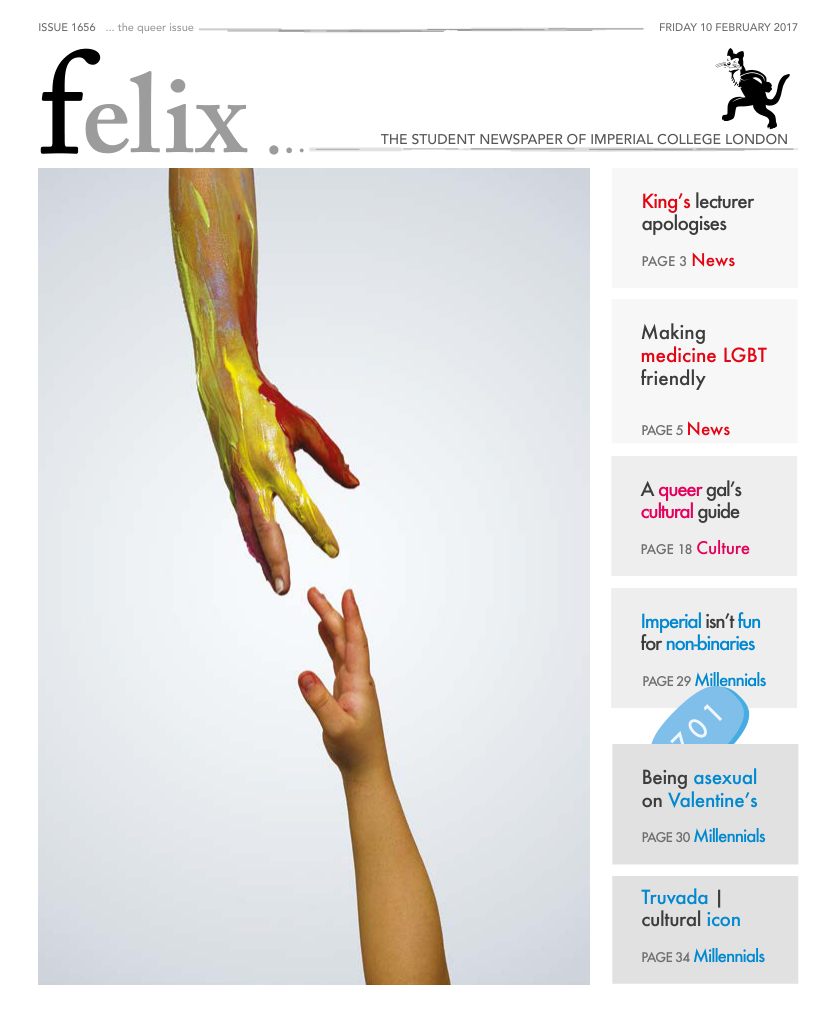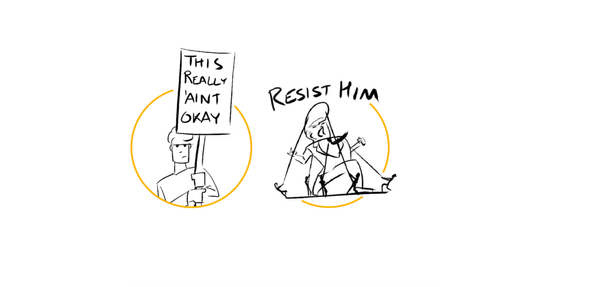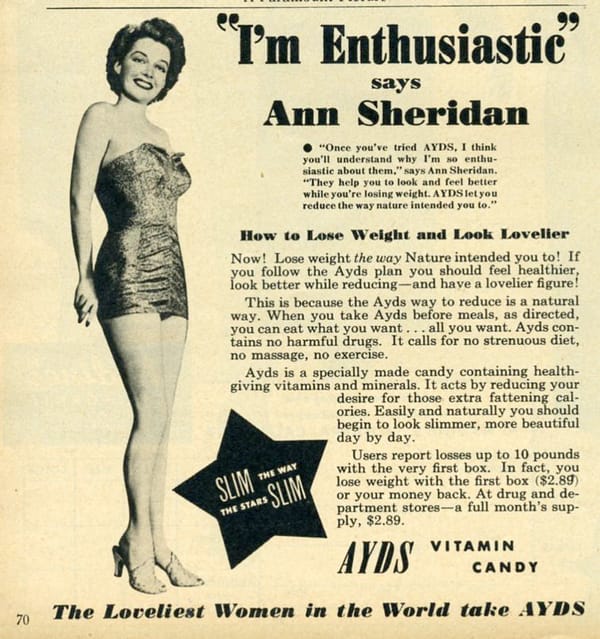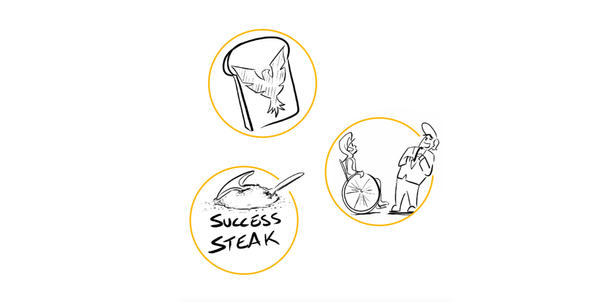Coming out was an attempt to find myself
L.C. discusses labels, coming out and falling in love

I was a special kid (the lonely and isolated type, always lost in their thoughts). Around the age of five, I remember first hearing about homosexuality and even though it was not quite described as a ‘bad thing’, I still associated it with something to be afraid of. I told myself “with my luck, it will happen to me too” while thinking about a family member who was actually gay. Growing up, I became obsessed with boys. Though I kept falling for random guys, I seemed unable to get a boyfriend. And there was always that little thought that kept popping up, convincing me that eventually something would happen and my dormant sexuality would wake up.
When bored, I’d do these thought experiments ‘for fun’. I wondered how it might feel to be with a girl. When crushes started returning my attention, I’d realise, as terrifying as it felt (I was 15), that I was no longer interested in them. Not one bit. Still, just to make sure, I kissed my first boyfriend. I freaked out realising something was wrong, unable to put my finger on it. I declared myself ‘confused’, lacking a more accurate – or perhaps self-aware – label. I kept falling in love, careful to choose men as unavailable as possible to avoid tragic disillusions. What followed were two years of total confusion and constant flip-flopping. I would spend a few weeks convinced I was gay, embrace my identity, feel internally proud, and lose any and all interest in guys (in secret of course). Then one morning, I would wake up feeling straight, convinced I “hadn’t met the right guy yet”. This would last for a few weeks and I would eventually go back to being a ‘full-on lesbian’. In a state of total confusion, and too early (in hindsight) I started coming out, craving a label.
The main reason for this, I now think, must have been the lack of community: not knowing any gay girls in high school and being too young to gather the courage to go out and meet any. I originally came out as bisexual, diplomatically, thinking it would be a solution to my feelings of confusion. Sadly, my coming out was not accepted by my friends and peers, who, invoking my feminine looks, rejected it.
At the age of 18, I was peer pressured into seeing a guy. We dated for a few months but it just wasn’t working. It was just wrong. It felt like I had to prove a point by dating him but at the same time I was convinced that being with a girl was what I really wanted. After this second round of disillusionment (and even though I really liked him as a person), I came out again. Those first few years left a bitter aftertaste. I was gay. But I had only dated guys, had no lesbian friends or lesbian experience. I was a ‘straight lesbian’. My appearance and my past somehow made my coming out illegitimate.
Leaving home for San Francisco was the turning point. Free at last from social pressures, I met the cutest human I had ever met. In a moment of courage, I asked if they were gay. And they were. We fell in love and I brought them home to Paris where we moved in together. They introduced me to their San Francisco queer circle (a community that seemed deliberately hidden from me before). I came out naturally without formal announcements. I was happy. When I moved to London, I realised that my identity was respected. I naturally talked about my partner without hiding their gender.
The thing about coming out (though I’m aware it depends greatly on social background/ family situation) is that it was only a ‘big thing’ when I was making it one. The first awkward coming-outs to my then-peers were in fact coming-outs to myself. I was publicly shouting “I am queer” in an effort to make the claim real.
Struggling to define myself using a pre-made identity, I got to think a lot about labels. The truth is that they’re great safety nets. Society decides what is expected of a person based on their identity and following this social to-do plan makes life so much easier. But retrospectively, coming out was really about finding myself, and sticking to a label only gave me a rough sketch to start with.
I won’t deny that I still feel attracted to people of the opposite gender and I do wonder what kind of label that attaches to me; weird lesbian, bisexual, pansexual, or just confused? The truth is that there is no accurate label to describe me, or anyone. I realised that my final coming out was never about sticking a visible ‘Lesbian’ sticker on my forehead but a ‘Lucille’ one. It was about embracing who I am as a person, and now that I’m at peace with myself, I don’t need to come out again.









